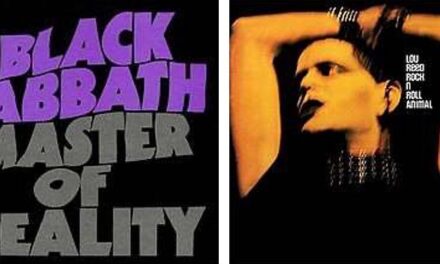Acknowledgement, the lost art form.
As you move into Xmas mode over the next couple of weeks you may be prompted to say a few words at the work Xmas party or lunch. If you find this speech somewhat uncomfortable as you thank your team for a year of hard work, then it may well be because you don’t know them!
Sure, you’ve measured their output daily on reports, but how much do you know about what drives their performance? Do you really know what they do, where they fit in the team, the 1%ers they consistently deliver? Have you told them that they’re doing a great job in the past 12 months?
“Those who drink the water must remember those who dug the well” – Chinese proverb
A wise Managing Director once told me that if your employees are happy in their workplace they will forsake offers of higher paid jobs. It’s very true and as we all know 80% of staff will leave because of their manager. I know I’m a dinosaur but I find there is even an absence of “please” and “thank you” in the workplace these days. I hate it when people put this down to increased stress and technology. The behaviour is learned, so reverse it!
Bob Nelson, a leading engagement guru argues that the habit of acknowledgement is simply disappearing from our culture. We have become so used to not receiving it, that we no longer look for ways to give it.
Most companies have reward and recognition programs which are valued but nothing can beat an impromptu, one on one, everyday thank you. For some managers, this comes naturally and is genuinely authentic but for many managers, anything resembling this process is a stretch. Acknowledgement costs nothing and can be far-reaching. Just simply feeling included and appreciated is enough to get you out of bed every morning and into a positive mindset for work.
HR consultant Margot Anderson has devised 6 simple steps to cultivating the habit of acknowledgement:
- Commit to looking for opportunities – Reflect on each of your team members, consider what they are working on, what they have delivered and where their high value of contribution is.
- Audit your daily routine – Often there are numerous opportunities to acknowledge others in our day to day. The people you walk past on the way to your desk each day, the commencement of meetings, and the incidental tasks that others just naturally assume responsibility for.
- Be genuine – As with all communication, the benefits of acknowledging of others lies in the sincerity and purpose in which it is given. Be considered with who you are acknowledging and how.
- Be timely – Don’t wait! Like feedback, acknowledgement is best delivered as close to the result of the event that occurs. The timeliness reinforces the value of the contribution and serves as a motivator for further effort.
- Don’t delegate it! – Personal acknowledgement is just that – personal! You need to take ownership of the appreciation.
- Consider how – one to one, public acknowledgement or simply a hand-written card. Understand your team member and deliver what suits them the best.
Acknowledgement requires practice to become a habit. As a manager, it’s the most under-utilized yet powerful tool you can have in your kit. Just don’t wait for Xmas.





Well put my friend, it costs nothing to be nice to people and smiles are free so give them away.
Love you my brother .